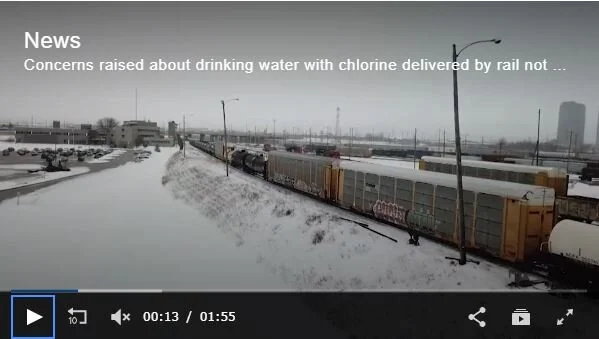A man in Arizona sees a glimpse of a potentially frightening future. A future where the planet is hotter, the soil is drier, and our most precious resource is evaporating. His job is delivering water. And his job is getting harder. John Hornewer is now having to drive hours farther each day to fill his truck, which, in turn, fills the subterranean tanks at homes in an area outside Phoenix. His normal supplier cut him off; more precisely, on Jan. 1, the city of Scottsdale, Ariz., cut off transfers to the exurban community he serves in a desire to conserve water for its own residents. He found new suppliers, farther away. Then another supplier cut him off.
Former Neskantaga contractor accused of cutting corners in other First Nations
“They cut corners every day, every day,” said Justin Gee, vice-president of First Nations Engineering Services Ltd. Gee said he encountered these recurring problems while overseeing the work of a construction firm, Kingdom Construction Limited (KCL), building a water treatment plant 10 years ago in Wasauksing First Nation, along the eastern shore of Georgian Bay, about 250 kilometres north of Toronto. “You have to be on them every step of the way,” said Gee, who was the contract administrator on the project. “You can’t leave them on their own.”
Concerns raised about drinking water as chlorine delivered by rail held up by blockades
Hundreds of freight trains are at a standstill across Ontario, not moving because of ongoing rail blockades. One organization has now raised concerns about the impact it could have on drinking water since the chemicals needed to treat it are transported by rail. “We are very concerned actually,” says Cathy Campbell, president of Responsible Distribution Canada. Campbell says large cities and municipalities could run out of chlorine in a week or two.




